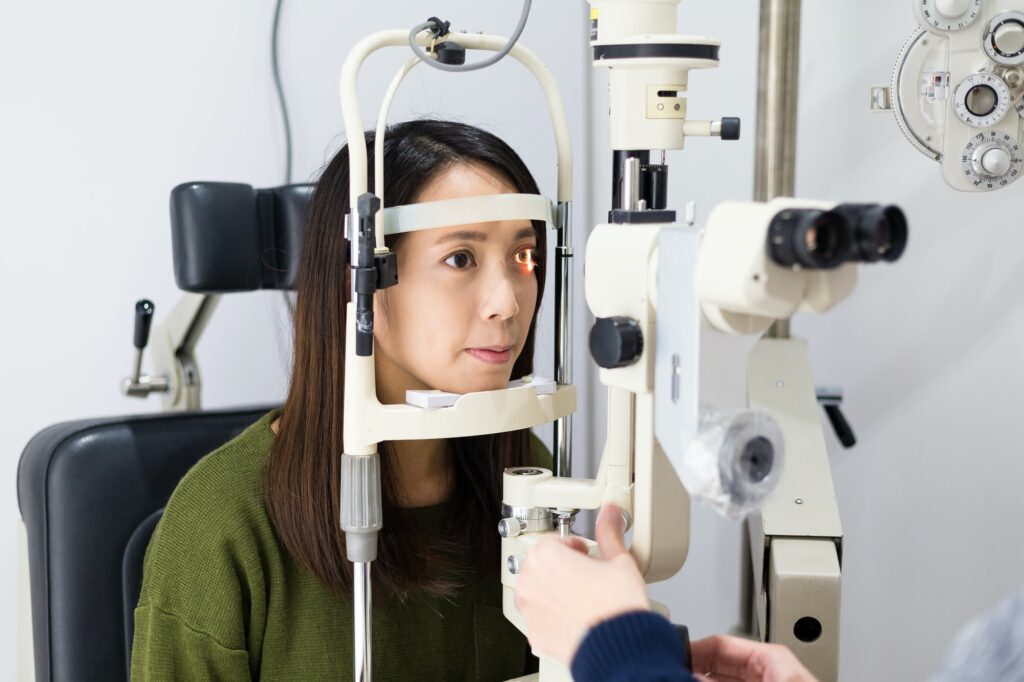MACULAR DEGENERATION
What is Macular Degeneration?
Nothing is more precious than our eyesight. Our eyes allow us to enjoy the beauty of the world around us. So much of what we learn, experience, and enjoy comes to us through our eyes. As you look at the world around you, you think of how valuable your vision is.
Now, think of how your world would be if you were losing your eyesight to Age-Related Macula Degeneration. Macular Degeneration is a disease that steals our central vision, often without symptoms. Every year millions of people around the world develop Age-Related Macular Degeneration, and each day without treatment can bring them one step closer to blindness.

Macular Degeneration: Overview
Age-related macular degeneration, also known as AMD, is the deterioration of the center of the retina called the macula. The macula is the part of the retina that is responsible for our central vision and our ability to see color and fine detail when looking directly at an object. Age-related macular degeneration, or AMD, is the most common cause of vision loss in people over the age of 55.
In the early stages of AMD, there is little or no vision loss. As the disease advances, images can become blurred or distorted, or a dark or empty area can appear in the center of the vision. AMD does not cause total blindness because side vision is not affected.
There is some good news related to macular degeneration. With regular check-ups, early diagnosis, and new treatment options, doctors are now able to maintain visual acuity in most patients and improve vision in a significant number of patients suffering from this condition.
Macular Degeneration: Treatment Overview
While macular degeneration is a common cause of vision loss, early detection and timely treatment can help delay its progression and preserve your vision. Vision that is lost due to macular degeneration can significantly impact a person’s lifestyle, so prevention is an important part of treating this condition.
You can play a part by leading the healthiest lifestyle possible. Quit smoking, control your blood pressure, watch your weight, and exercise. Studies have shown that nutrition matters as well and that taking a prescribed combination of natural eye supplements can slow the development of this condition. However, nutritional supplements may only work in certain situations and are not guaranteed to help.
During the early stages of treatment, your eye care professional may write a new prescription for your eyeglasses and ask you to schedule regular eye exams. You may also be asked to use an at-home eye test, called an Amsler grid, to monitor for changes in your vision. Although dry AMD is far more common than wet AMD, wet AMD requires timely diagnosis and aggressive treatment.
Some patients are good candidates for medications that are injected directly into the eye, which are called intravitreal injections. Although intravitreal injections are able to maintain visual acuity in most patients and improve vision in a significant number of patients, injections must be administered as frequently as every month to attain the best results. Another treatment option for wet AMD can involve focusing an intense beam of laser light onto the retina, which can seal leaking blood vessels or even eliminate them.
Should permanent vision loss occur, specialized glasses and low-vision equipment such as magnifiers and bright lights may help.
Your doctor will discuss which treatment options may be best for you.
Quick Links
Northern Wyoming Ophthalmology
Copyright © 2022. All rights reserved.


